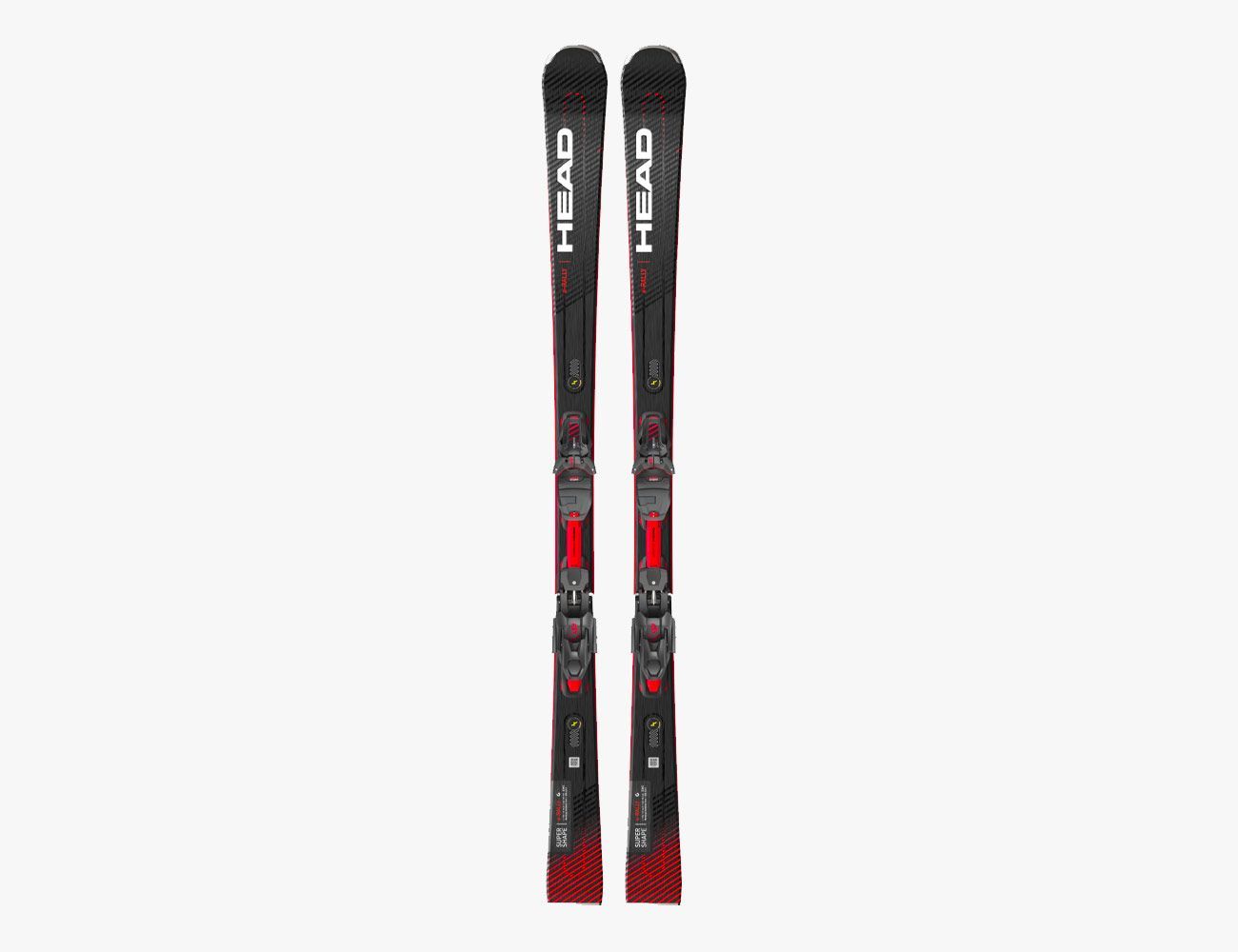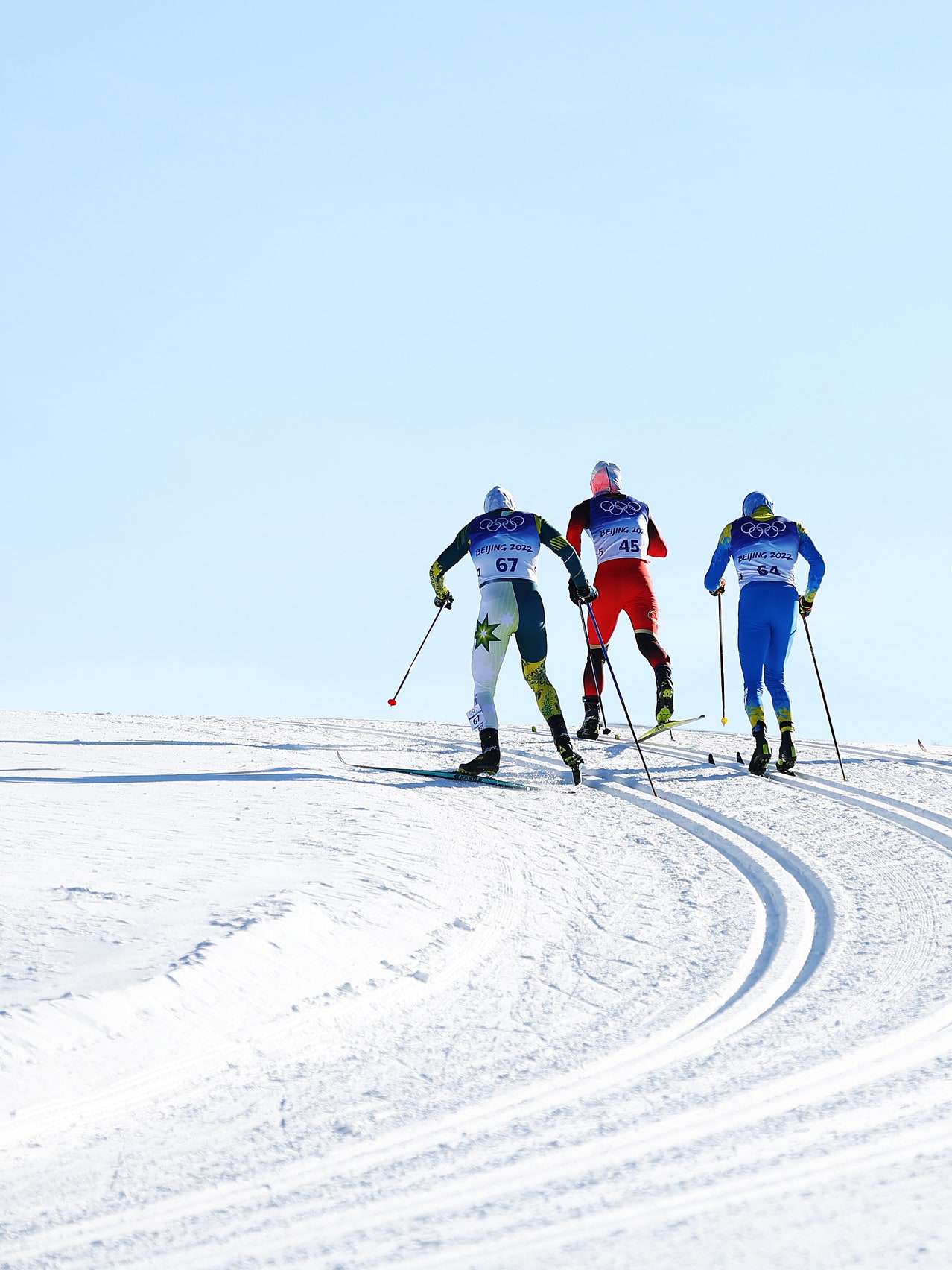
Alpine skiing is one of few sports that has been represented at every Winter Olympics. It's a sport that requires fearless need for speed and technical skill, and it can also be the most expensive event to compete in.
Despite all of the challenges, skiing is still a popular sport among people of all ages. Alpine skiing is a discipline that takes practice and patience, while freestyle skiing may be more about aerials in midair.
It is a sport that has many athletes. But, the Winter Olympic Games are the most famous. Six olympic alpine ski events are offered: downhill, giant slalom and super-G. There is also a mixed team parallel slalom.
Downhill
This is the longest and hardest of all alpine ski events. The vertical drop for men is 800-1100m, and for women it's 450-800m. The skiers can only take one course down, so they must make sure that they reach the bottom as quickly as possible.
Slalom
Slalom is one of the most technical alpine ski events. The gates are close together and it is also the shortest. This allows for fast turns and allows for precise turns.

Or they will be disqualified. Competitors must pass each gate within a specified time. The slalom event is a two-run race, and eliminations depend on time.
Giant slalom
Similar to slalom and giant - or "super" - slalom also requires skiers must pass each gate in a certain time. This event has been competed at every Winter Olympics since 1936 when it was added to their program.
Super-G
Super-G is another speed event. It's a mixture of downhill, slalom and super-G. There are many gates that mimic slalom turns, but athletes cannot miss any.
Combinated
This is the first alpine skiing event added to the Olympics. It consists of both a downhill run and a slalom race. The total time for both runs is what determines who the winner.
Founded in 1924, the FIS is the governing body of the sport and governs it worldwide. It also serves as the umbrella organization for cross-country skiing, ski jumping and snowboarding.
Its 136 member nations compete at the World Championships.

While the Olympics have seen an increase in the number of alpine skiing events, it remains a primarily Alpine-dominated sport. Austria holds the lead in total gold medals and medals.
There are a total of 138 national federations that compete in alpine skiing at the World Championships, and many of them have strong programs. The top-ranked countries in the world, including those who have won gold and silver medals at the Olympics, are France, Switzerland, Norway, Russia, Austria, Italy, and Canada.
The United States has a strong presence at the Olympics. American Mikaela Siffrin, who won her second gold medal at these games last year, is expected again to win. She currently ranks second in world alpine skiing and has won four World Cup races. She'll likely be joined in Beijing by Slovakian Petra Vlhova, who has been competing with Shiffrin for years and is considered to be the best slalom skier in the world.
FAQ
Are there any cheap accommodations available for travelers who are traveling abroad?
Hostels, hotels, guesthouses, and bed and breakfasts are all options for cheap accommodation.
Hostels are inexpensive and offer dorm-style rooms where guests share bathrooms and living areas.
Hotels are typically located in tourist areas.
Guesthouses are similar to hostels, except they often have larger rooms and fewer people sharing each room.
Budget-conscious travelers are increasingly turning to bed & breakfasts. Guests can stay in their own private homes and have a full breakfast included in their stay.
How do you travel light?
There are no right or wrong answers when packing for a vacation. These are some suggestions to help you pick the right items to take on your trip.
-
Only bring what you truly need.
-
Only bring what you plan to actually wear.
-
Avoid buying too many things.
-
Be sure to have plenty of space in your suitcase
-
Double-check everything that you have packed.
-
Enjoy free storage
-
Instead of purchasing bottled water, use reusable water bottles.
-
Instead of carrying a suitcase, use a backpack.
-
When possible, walk or cycle instead of taking public transport.
-
The right size bag is important.
-
Do not carry heavy items.
-
Be prepared for any eventuality.
-
Leave nothing behind.
What can I pack in my bag?
You should always have at least two pairs of shoes. Two pairs are needed for daily walking in the city and two for vacation.
Also, make sure to have enough clothing for both. When you fly, it is essential to bring enough clothing.
Consider bringing some clothes if you are planning to stay somewhere for a longer time. You won't feel awkward when you shop for new clothes.
Comfortable shoes should be worn if you are taking the bus or train. For those who drive, it is a good idea to have spare tires.
You will also need to carry plenty of toiletries such shampoo, toothpaste (deodorant), moisturizer, and shampoo.
Last but not the least, you will need a flashlight as well as insect repellent, sunscreens, sunglasses, a hat, first aid kits, and sunblock.
It's better to keep all your items in one bag than to try to fit them in different bags. By doing so, you can save time and space.
Don't forget to bring a towel and a washcloth. They'll come in handy when you shower after a long day of sightseeing.
What should you never forget when traveling?
Traveling is a time when you are often faced with situations that require quick decisions. So be prepared to improvise.
Sometimes you might find yourself stuck for days, weeks or months. You can plan ahead to ensure you have water, food, shelter, and somewhere to sleep. But, if not, you might have the need to improvise.
In these cases you will need to rely on your best skills. That means making quick decisions based on instinct and experience.
But sometimes, you won't have any choice. You might find yourself in an area without cell service, out of gas or robbed. You will need to be flexible to any situation that presents itself.
The key is to keep calm, stay focused and act decisively. Don't panic. Instead, keep your eyes on the things you can control.
If you are lost in the woods, it is possible to choose which direction you should go. If you are hungry, you can eat mushrooms or berries. You can also drink rainwater and melt snow if you feel thirsty.
You can also rest if you are tired. You can layer up if you are cold. If you're wet, you can change clothes. You'll feel happier if you remain positive, no matter what your decision.
Statistics
- No Checked Bags: No Alcoholic beverages with more than 70% alcohol (over 140 proof), including grain alcohol and 151 proof rum. (tsa.gov)
- Alcoholic beverages with more than 24% but not more than 70% alcohol are limited in checked bags to 5 liters (1.3 gallons) per passenger and must be in unopened retail packaging. (tsa.gov)
- That's an 18% jump from 2019, the previous record year. (travelandleisure.com)
- According to Maori legends, this park holds 14 fjords that were all carved by a giant stonemason with an adze. (busytourist.com)
- Pack sweaters, jackets, and underwear in reusable compression bags creating up to 75% more space in your luggage. (wikihow.com)
External Links
How To
How to have a weekend getaway
Weekend getaways are an opportunity to reflect, relax, and enjoy. It is a time for relaxation, rejuvenation, and disconnect.
This is also an opportunity to reflect on what matters to you and how your weekends are spent. If you're lucky enough to have a job that allows you to travel, you might even find yourself reflecting on what makes working such a rewarding experience.
However, no matter your reason for taking time off from work, you should plan plenty of activities.
You will probably want to spend time alone, but still enjoy the company and friendships back home. It's important to be active.
Whether you choose to explore local attractions, go hiking or camping, or simply soak up some sun, there are lots to do when you're on the road.
Make sure to take enough time for recovery and rest after each activity. After all, it's easy to burn out when you're constantly pushing yourself. Plan ahead, and make sure you allow for downtime.
After you land safely, it's likely that you'll enjoy relaxing again. It won't take long for you to be eager to get back on the ground.
Do not allow yourself to get behind. Take the time to catch up on your emails and projects each day.
You will feel more connected, and less overwhelmed. Plus, you won't miss out on any opportunities to grow your business.
Do not hesitate to ask for help. You may find yourself stuck or unsure of the next step.
For advice, reach out to someone in your workplace or a close friend. You always have time to chat with your loved ones, regardless of how busy you are.